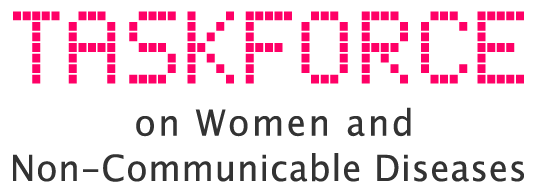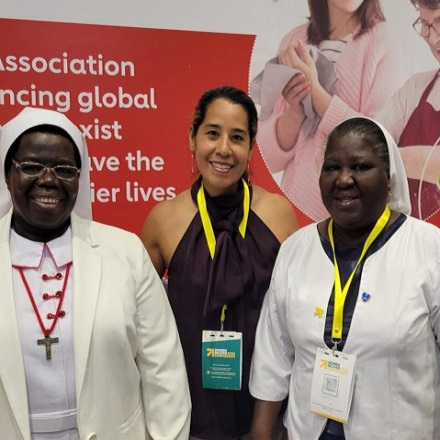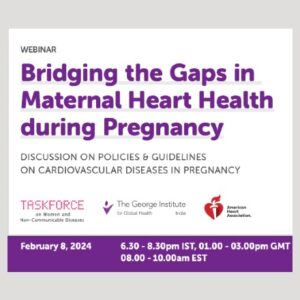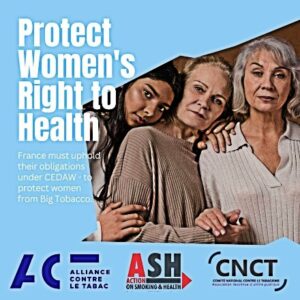The Women Deliver 2023 Conference held recently in Kigali, Rwanda drew over 6,000 attendees and made for one of the most impressive gatherings of actors that support the feminist movement. Rwanda serving as the host country for WD2023 was symbolic given its country’s legal frameworks to promote and ensure gender equality. Moreover, the conference’s theme of creating “spaces, solidarity, and solutions” embraced its vision of changing the face of who leads, with our young people and traditionally marginalized groups playing a prominent role throughout the conference program.
As a Latina in America, the event couldn’t have come at a better time. Many of us on this side of the pond are battling to defend our rights for bodily autonomy and the importance of our lived experience. The stories of those who I met while in Kigali served as a poignant reminder that, for many black, brown, and indigenous communities around the world, the fight for equitable access to quality education and decent employment is a prerequisite to realising the full potential of any citizen in their home, communities, and workplaces. At every turn, I met another sister who shared the belief that our colossal goal to realise gender equity would only be possible by working together to forge a collective movement across the globe.
My employer, the American Heart Association, was one of the conference sponsors and leveraged the opportunity to raise awareness of the burden of heart disease in women and share the lifesaving skill of cardiac pulmonary resuscitation (better known as CPR). We invited participants to join our movement to save a life with their hands by reminding them of the likely scenario women could face responding to an acute situation in their lifetime, like cardiac arrest. I also had the distinct privilege to represent the Taskforce on Women and Noncommunicable Disease (NCDs) to facilitate a session focused on integrating NCDs in the health system to realize the vision of Universal Health Coverage of “leaving no one behind.” Both sessions provided an audience of community activists and real-life experiences of the cultural, political, and societal contexts of the global community that would need to be considered to build bridges and add value to the gender equity and women’s health movement.
Over the course of the week, I was undoubtedly humbled by realising my own privilege as a woman who has benefited from higher education, employment, access to health care, and a secure environment in which to raise my family. Several of the stories that will stay with me included meeting Sister Rosemary Nyirumbe from Sewing Hope who is working with young girls in Uganda to teach them the marketable skill of sewing. Their work is inspiring hope and social economic inclusion for the welfare of women and girls. Another was hearing how organisations like PERIOD focus on eradicating period poverty by distributing menstrual products in schools and championing menstrual equity in policy. Finally, I could not help but draw the parallels of the plight of the LGBTQ+ community, especially in Africa, as many LGBTQ+ advocates and their allies shared their testimonies and the incessant fight against laws that seek to criminalize them based on their sexual orientation and gender identity.
As I consider new ways to reach others, in my relentless pursuit for healthy hearts, I am reminded that our plight is to champion first the person always remembering their unique ecosystem. I am committed to redoubling my efforts to seek to understand the complexities of how we present in society, including the health care system and the places where we live, work, and pray. And lastly, I will practice empathy in our commitment to honor the dignity of all people. I am immensely blessed to have had this experience, enriched by the many women and men that I met. We are a product of our experiences, and I will never forget those I met at Women Deliver 2023 who share my deep and personal commitment to creating a better world for generations to come.
Written by: Diana Vaca McGhie, Co-Chair, Taskforce Women and NCDs
This blog was originally published at WomenLift Health




